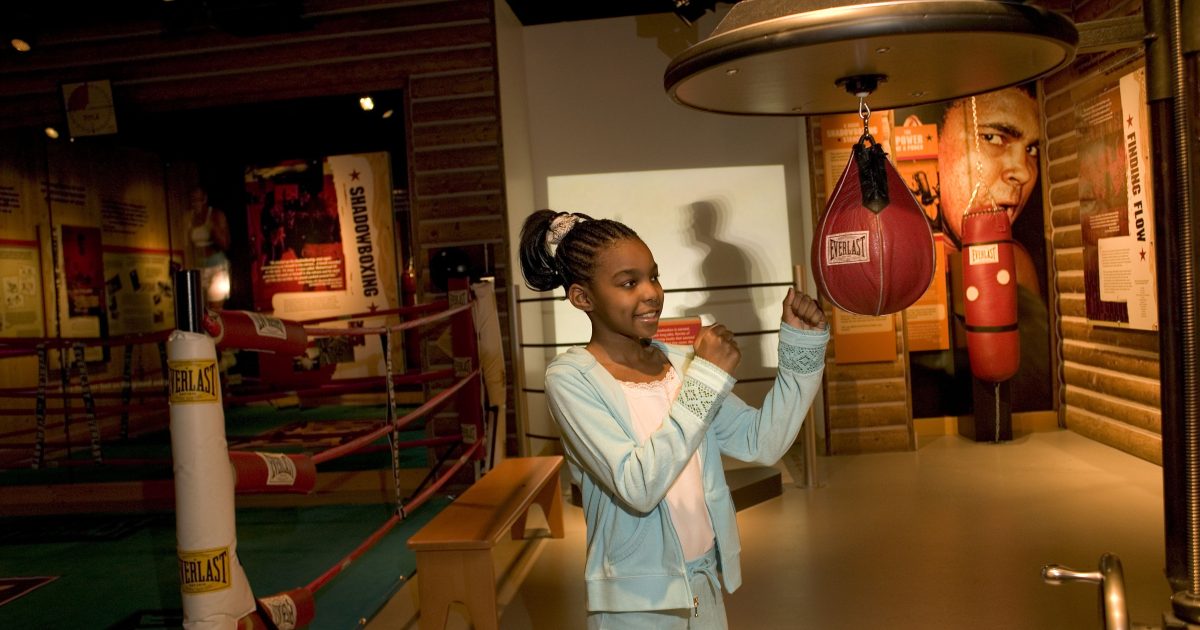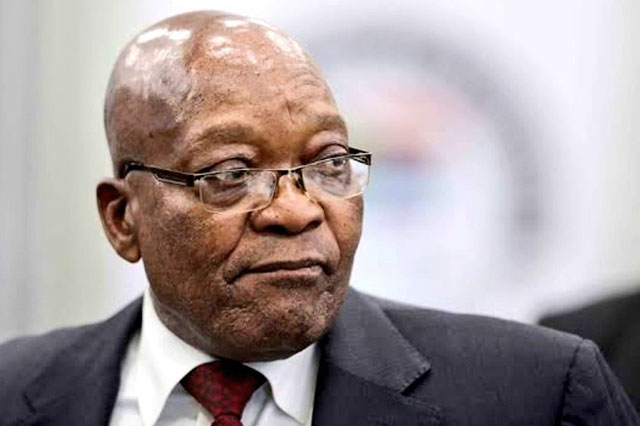- BlackVoter.Org
- Posts
- BlackVoter.Org
BlackVoter.Org


In “3 Events That Shaped 20th Century America,” we explore three monumental moments that left an indelible mark on the nation. First, World War I catalyzed profound economic and social changes, as America emerged as a global power and women entered the workforce in droves.
Just two decades later, World War II further solidified this status—highlighted by the patriotic surge that followed the attack on Pearl Harbor, as Americans united for victory against tyranny and saw their economy boom through wartime production. Finally, the Cold War fostered a climate of fear and competition with the Soviet Union, shaping domestic policies and fueling social upheaval, as various movements fought for civil rights and social change.
Together, these events transformed the American landscape, paving the way for its role as a formidable superpower and influencing global dynamics that resonate to this day.

Discover the rich Black heritage thriving in Louisville—Bourbon City! This vibrant destination celebrates the immense contributions of the Black community in shaping its unique culture, from the legendary Muhammad Ali to culinary traditions and beyond. Explore captivating attractions like the Muhammad Ali Center and the Roots 101 African American Museum, where stories come alive through history and art.
Engage in self-guided tours that uncover the city's powerful civil rights milestones, and enjoy Black-owned restaurants that serve up delicious, authentic flavors. With events and exhibits honoring local icons and pioneers throughout the year, Louisville invites you to immerse yourself in its dynamic tapestry of culture and resilience.

In a fiery confrontation on “Fox Business,” Congressman Byron Donalds took aim at Bill Clinton after the former president defended Joe Biden's competence. Donalds accused Clinton of "lying" about Biden's capabilities, asserting that the President struggles not only mentally but physically, failing to effectively engage in lengthy discussions with Congress.
He claimed that Biden's aides frequently intervene to keep the President on script, illustrating a lack of genuine ability to perform the job. Clinton, in a previous interview, insisted he had never observed signs that Biden could not fulfill his duties.
Unyielding, Donalds labeled the situation a cover-up of Biden's failings and called for an investigation, further alleging that Biden is a victim of “elder abuse.” As tensions escalate, Donalds’ strong remarks highlight the ongoing debate around Biden’s leadership and set the stage for a provocative political discourse leading into the 2026 elections.

In "The One Type of Democratic Identity Politics That Will Actually Work," Harold Meyerson argues that Democrats must reconnect with the working-class anger that has been exploited by Republicans, particularly under Trump. He critiques the shift in identity politics, noting how Republicans have thrived by rallying white nationalism and attacking cultural elites.
Meanwhile, Democrats, often perceived as passive and disconnected, have overlooked the genuine frustrations of working Americans whose economic prospects have drastically diminished. The article stresses that issues like wage stagnation, the decline of unions, and the growing influence of the wealthy are at the root of this distress.
Meyerson suggests that embracing a unified slogan of solidarity, like "We are the 99 percent," could help Democrats effectively communicate and resonate with the working class, reigniting their political power and addressing the real concerns driving voter discontent.

In a vibrant political shift, "New Americans" are making waves in Colorado elections, with a surge of first- and second-generation immigrant candidates stepping into the spotlight. Last year saw 13 out of 22 newcomers winning their races, showcasing the increasing diversity in political representation.
At a training session in Aurora, hosted by the nonprofit New American Leaders, future leaders gathered to learn how to harness their unique immigrant experiences in politics.
With candidates hailing from various backgrounds—such as Dafna Michaelson Jenet and Joe Neguse—this emerging wave is rewriting the narrative around political participation.
Leaders like Elizabeth Velasco and Ryan Gonzalez are championing issues close to immigrant communities, reflecting values that resonate widely among Colorado voters. As new voices continue to rise, the movement promises not just to reshape local politics, but to inspire a nationwide trend towards inclusive governance.
U.S.
Rep. André Carson is gearing up for what could be his toughest primary fight yet in 2026.
After 17 years in Congress, the seasoned Democratic incumbent is facing off against George Hornedo, a 34-year-old political strategist and attorney passionate about reshaping Democratic leadership in Indiana. Hornedo argues that Carson has not effectively served the 7th Congressional District, citing low voter turnout and his legislative performance.
Despite Carson's well-known name and history of overwhelming primary victories, Hornedo seeks to challenge the status quo, driven by a nationwide trend of younger candidates pushing for change in the Democratic Party. The rivalry has already sparked political jabs, suggesting a heated race on the horizon as the May 2026 primary approaches.

Former South African President Jacob Zuma recently criticized a delegation led by current President Cyril Ramaphosa that traveled to the U.S.
to seek investments from the Trump administration. In a speech to supporters, Zuma declared, “We don’t need Americans to fix SA,” emphasizing a desire for South Africans to address their own challenges.
This backlash comes as the Ramaphosa team attempted to mend strained U.S.
-South Africa relations, where tensions had flared over issues like foreign and domestic policies. American pastor Mark Burns, who visited South Africa, supported Zuma's sentiment by countering claims of a “White genocide” narrative, highlighting the complexities of crime and economic struggles impacting all communities.
He noted that many South Africans, both Black and White, are united in their commitment to moving forward, regardless of international perceptions. As discussions continue, the focus remains on national unity and tackling pressing social issues.